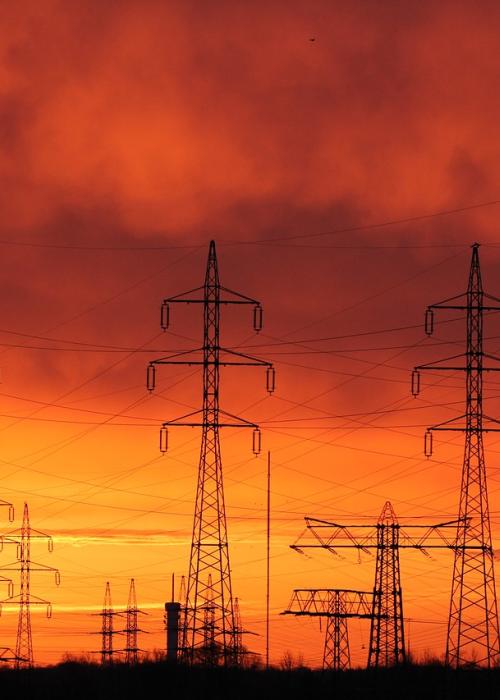
Just Transition
The Just Transition Program is to advance an economy-wide transformation in China towards an inclusive, net-zero and sustainable economy that delivers benefits to all.
Due to the differences in resource endowments and economic development among various countries and regions, low-carbon transition policies and actions often bring disproportional impacts to specific areas, industries, and groups. COP28 has explicitly called for countries to "transitioning away from fossil fuels in energy systems, in a just, orderly and equitable manner," and more than half of the countries that signed the Paris Agreement have responded collectively. Practicing a "just transition" not only balances the multiple challenges posed by climate, environmental, and socio-economic development but also bridges several key political issues, including international climate commitments, industry emission reduction actions, and regional stable development. This helps countries build consensus and form stronger climate action ambitions.
In this context, we focus on typical regions such as Shanxi, Beijing-Tianjin-Hebei, and Zhejiang, and high-emission industries like coal, steel, and petrochemicals. By deeply interpreting just transition policies, analyzing local transition practices, and constructing an evaluation indicator system, we identify potential social and economic risks associated with the rapid emission reduction process. This promotes the introduction of effective solutions to achieve a win-win situation of "pollution reduction and carbon reduction," "common prosperity," and "social equity," ensuring that "no one is left behind" in the process of green transition and development


